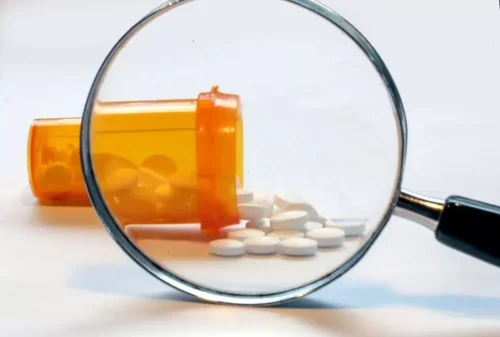
Alcohol — including wine, beer, and liquor — is the leading preventable cause of birth defects in the U.S. From ethics in our government offices, to reproductive health care, to the climate crisis and beyond, ProPublica remains on the front lines of the stories that matter most. Your gift helps us keep the powerful accountable and the truth accessible.
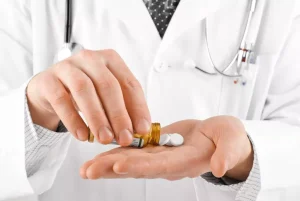
Characteristics of fetal alcohol spectrum disorder (FASD)
There are no exact statistics of how many people have fetal alcohol spectrum disorder (FASD). It can sometimes be difficult to diagnose a person with FASD because of the variety of symptoms and spectrum of severity. Also, not all people who drink while pregnant feel comfortable talking to their healthcare provider. This means that some people with mild symptoms of FASD might never be diagnosed.
What is considered “a drink”?
The term fetal alcohol spectrum disorders, drunken baby syndrome or FASDs, describes a broad group of conditions that result from prenatal alcohol exposure. People with FASDs have a combination of physical, developmental, behavioral and learning challenges that range from mild to severe. Each person with an FASD has their own unique combination of signs and symptoms.
Treatment
If you adopted a child or are providing foster care, you may not know if the biological mother drank alcohol while pregnant. International adoption from some countries may have a higher rate of alcohol use by pregnant mothers. If you have concerns about your child’s learning or behavior, talk with your child’s healthcare professional to find out what might be causing these problems. If you suspect your child has fetal alcohol syndrome, talk to your doctor or other healthcare professional as soon as possible.
Many of its symptoms can seem like attention deficit hyperactivity disorder (ADHD). In his report, Pham dismissed the idea that Arlo’s birth was to blame, pointing to the baby’s sudden collapse a full two months after he was born. Pham made no mention of the details in Arlo’s medical records that noted the baby’s head circumference at one month or the unusual rate of growth that his pediatrician had flagged for further monitoring. Detectives arrived, and the attending physician told them that subdural hematomas could indicate an underlying medical condition — or that the baby had been shaken. It was the latter scenario that Felecia remembers the doctor mentioning to her that evening.
- When researchers look at the whole spectrum of disorders (FASD), the frequency may be as high as 1 to 5 out of every 100 kids in the U.S. and Western Europe.
- However, consumption of alcohol any time during pregnancy can be harmful, according to guidelines from the American Academy of Pediatrics.
- The beginning of fetal development is the most important for the whole body, but organs like the brain continue to develop throughout pregnancy.
- When a pregnant woman drinks alcohol it enters the blood stream.
- However, early intervention can help a child develop to their fullest potential.
Executive function training may improve skills such as self-control, reasoning, and understanding cause and effect. For example, a math tutor could help a child who struggles in school. Most people with an FASD have most often been misdiagnosed with ADHD due to the large overlap between their behavioral deficits. In the womb, a baby doesn’t have a fully developed liver that can process or break down alcohol, so it can easily get to and damage the baby’s organs. Using the information that is available, the Centers for Disease Control (CDC) and other scientists estimate less than 2 cases of FASD in every 1,000 live births in the United States. When researchers look at the whole spectrum of disorders (FASD), the frequency may be as high as 1 to 5 out of every 100 kids in the U.S. and Western Europe.
Related MedlinePlus Health Topics
But children with FASD can get treatment to learn and develop skills and improve their quality of life. Diagnosing FASDs can be difficult because there is no single or simple test that can cover the broad range of FASD signs and symptoms. A pediatric medical home provider and/or other pediatric or developmental specialists usually make the FASD diagnosis after one or more appropriate evaluations. Be sure to ask your pediatrician if you are worried that your child may have an FASD and need further evaluation. FASDs are always caused by drinking alcohol during pregnancy. So to prevent FASDs, don’t drink alcohol when you’re pregnant.
Supportive care should include an appropriate stimulating and nurturing environment. Alcohol exposure in utero increases the risk of spontaneous abortion, decreases birth weight, and can cause fetal alcohol syndrome, a constellation of variable physical and cognitive abnormalities. Understanding the risks of drinking alcohol during pregnancy is the greatest motivator for prevention. FAS is the most common type of Fetal Alcohol Spectrum Disorders (FASD) that can occur to an unborn baby in the womb that is exposed to alcohol during pregnancy. Fetal Alcohol Syndrome can result in a baby being born with altered facial features, lack of coordination, behavioral problems and slow growth.
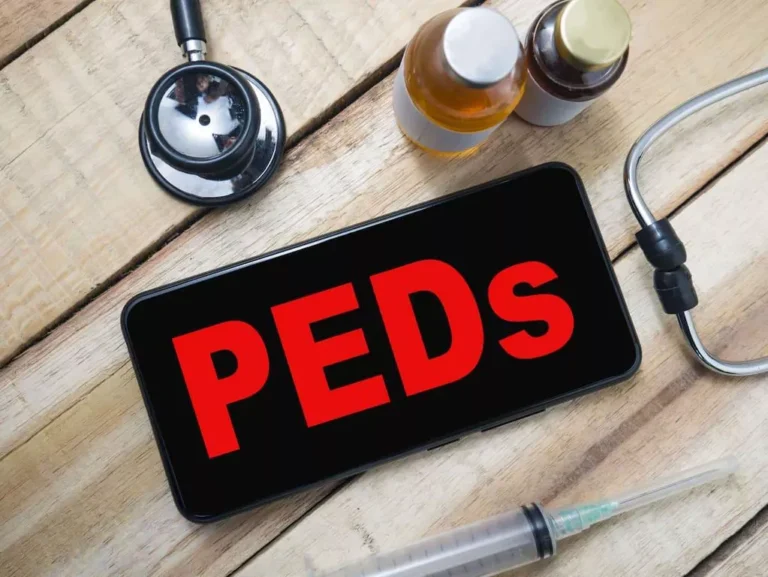
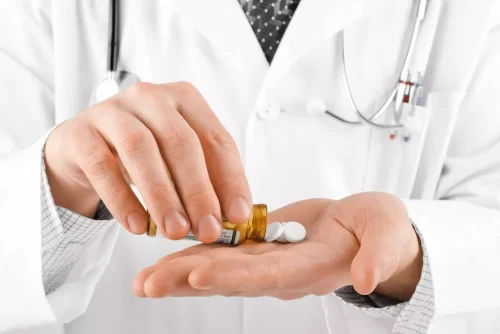
It was in https://ecosoberhouse.com/ the wake of the Wisconsin decision that the AAP’s Committee on Child Abuse and Neglect, a small group of child abuse specialists, spearheaded the name change. The committee’s work came at a time when confidence was eroding in a diagnosis that the child protection community saw as vital to safeguarding children. The new name, abusive head trauma, was not only more precise, according to its 2009 consensus statement on the matter, it would also shore up credibility in the courts. “Legal challenges to the term ‘shaken baby syndrome’ can distract from the more important questions of accountability of the perpetrator and the safety of the victim,” the statement read.
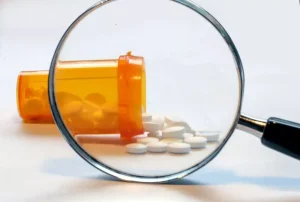
FASDs can occur when a person is exposed to alcohol before birth. Alcohol in the mother’s blood passes to the drug addiction treatment baby through the umbilical cord. There is no lab test that can prove a child has fetal alcohol syndrome.

